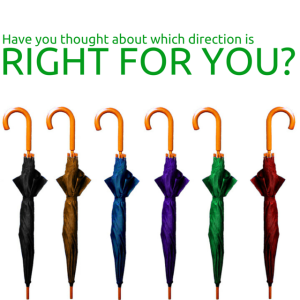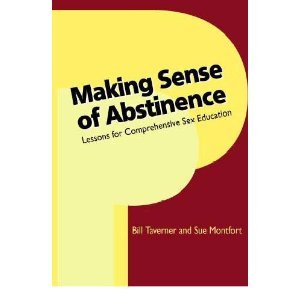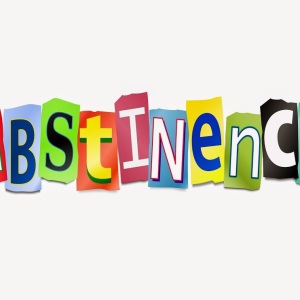 It’s time, today and tomorrow, to dive into supporting students in re-visioning abstinence. The choice to refrain from sexual activity is such an important one! It remains unclear to me why people would restrict this opportunity to people who were willing to do it all the way until they were married. Instead, I think we need to offer our young people – regardless of age, gender identity, sexual orientation, religion, relationship status, or anything else – the legitimate choice to be abstinent.
It’s time, today and tomorrow, to dive into supporting students in re-visioning abstinence. The choice to refrain from sexual activity is such an important one! It remains unclear to me why people would restrict this opportunity to people who were willing to do it all the way until they were married. Instead, I think we need to offer our young people – regardless of age, gender identity, sexual orientation, religion, relationship status, or anything else – the legitimate choice to be abstinent.
With that underlying educational point in mind, today and tomorrow I’m looking at two really great lesson plans from Making Sense of Abstinence.
WHAT’S YOUR TAKE?
Examining Opinions about Abstinence
OBJECTIVES:
Participants will:
- Examine some of the ongoing controversies surrounding abstinence and abstinence education.
- Identify the pros and cons on each side of issues related to abstinence, determine their opinions, and give the reasons supporting their positions.
- Recognize how being clear about one’s opinions regarding abstinence can affect sexual decision-making.
RATIONALE:
People have strong and diverse opinions about many issues related to abstinence and abstinence education. Naturally, these opinions affect how an individual will make their own personal decisions about sexual behaviors. Finding out what young people think about the subject they are learning is important to the success of any successful education effort. When educators take the time to let young people know, “Your opinion matters!” they build the trust and respect that are critical to the learning process. Further, a thoughtful examination for their own and others’ opinions provides young people with a better understanding of their own values, for sexual decision-making in their own lives. This lesson helps participants identify factors important for effective sexual decision-making and stand up for their values with “eyes wide open.”
Inviting young people into an active discussion space where abstinence is the topic holds value not only in the close-term, but also in the far-future. The decision to be sexual with someone, whether that person is a friend, a lover, a spouse, or, as Al Vernacchio would prefer us say, a sweetheart. We all have times in our lives when the right thing is to be abstinent. And, hopefully, we all have times when a physical connection to someone is good for us. But when abstinence is discussed as an end-all-and-be-all of pre-marital life, there is little room for that discussion. It seems to imply, for example, that post-marriage is a space where sex can and should be expected.
But a wedding is not consent, forever ever after.
The ability to negotiate sexual contact is first contingent on knowing what kind of sexual content you want or don’t want. And knowing what kind of sexual contact you want or don’t want requires an internal speculation about what is good about sexuality. I wish more sexuality education programs presented abstinence in this space of one choice among many in a decision-making space – rather than as a non-negotiable fact prior to marriage.






